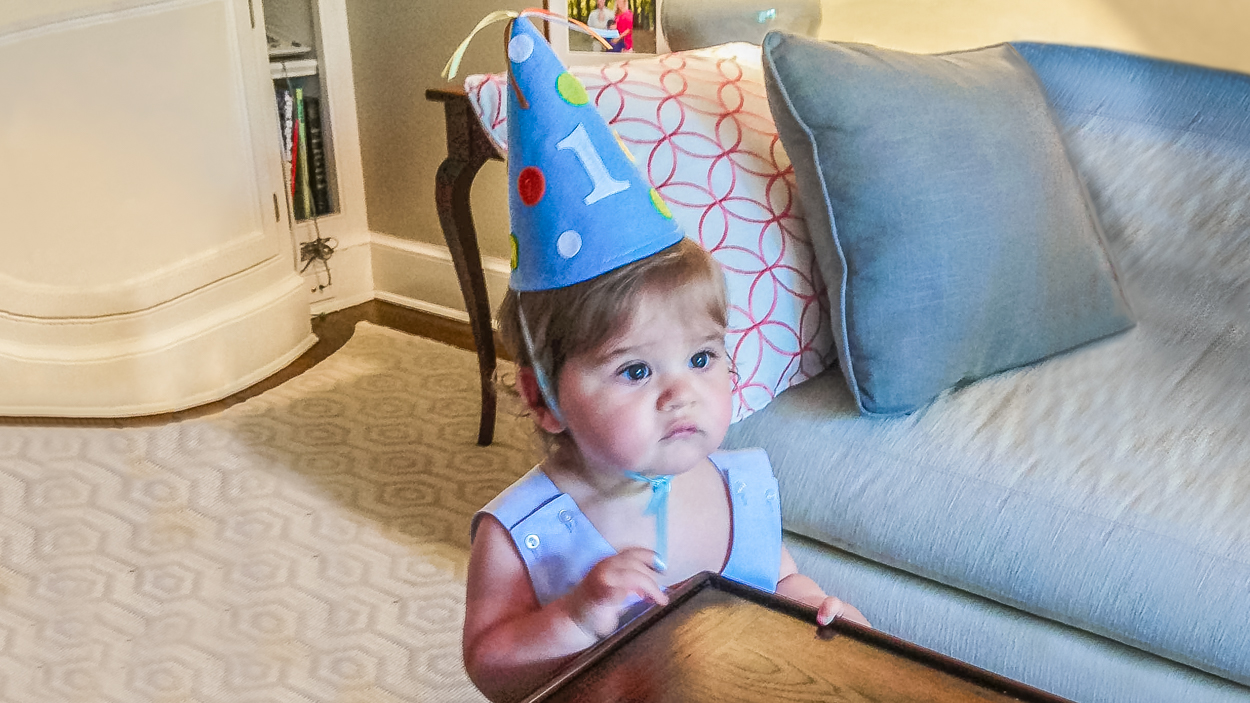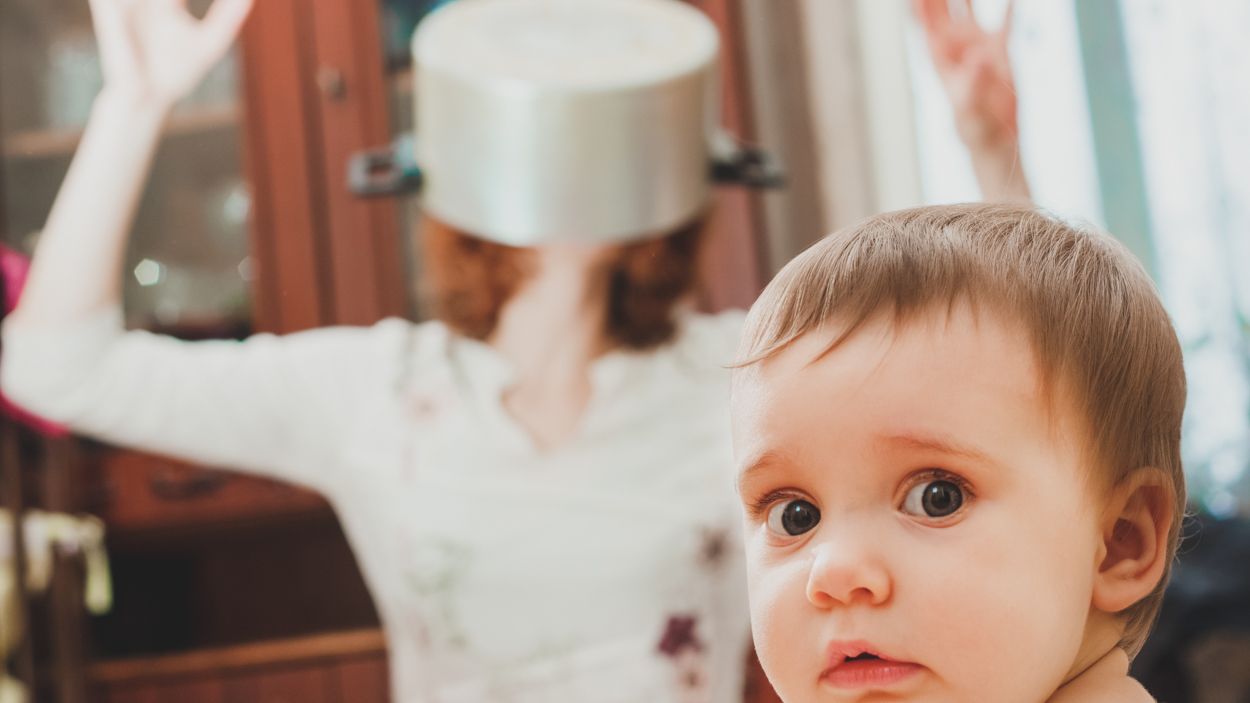

I was just into my second trimester when the phone finally rang. I’d been awaiting the results of my genetic tests, and the call meant the news was in. Thanks to my age I fell into that category of expectant women so flatteringly classified as “geriatric,” so the genetic testing was standard protocol. But bonus: with the blood they’d take for these tests, the docs could also determine the sex of the baby. My husband kind of wanted it to be a surprise; I, however, felt like the whole childbirth thing would be plenty of surprise for one day. We agreed I was right. (I love when that happens.)
The news was good: Everything was normal. I was about to hang up when I remembered. “Oh wait,” I said. “Can you tell the sex?”
“Oh, hmmm,” said the voice on the other end. I could hear her rifling through papers. “Oh yeah, here it is. Boy.”
She might as well have reported that I was gestating a unicorn. In fact, this news was so unexpected, I called back later to make someone else double-check the paperwork.
What would I do with a boy?
When I first found out I was pregnant, I’d just assumed the little tadpole was a girl. I’ve only ever been a girl; my only sibling is a girl; I write about feminism, and Anthropologie is my happy place. Girlhood was all I knew. That this is not quite how genetic science works somehow escaped me.
And oh, did I have plans for my girl and myself! From body image to sex to an awareness of inequality of opportunity and representation and pay, I was going to impart to her my feminist ideals and the lessons of my experience. We were gonna get pedicures and fight the patriarchy together. But first, the cute baby clothes! Bloomers. There would be bloomers!
I know I’m not the only one whose imagination ran a little wild upon realizing I was going to be a mama. And, while it’s not something people talk about a lot, I also know I’m not the only one whose first response to the big gender reveal was closer to bewilderment than elation. One friend’s husband cried when he found out they were having a girl – not because he was disappointed so much, but because it was something his brain could not even imagine.
As time passed, I grew more comfortable with the fact that I was cooking up a little boy. But there were caveats. For the friends who threw my baby showers, I had some demands: no blue, no balls. Never mind that my favorite color is blue and I’ve always been an athlete; there was something in the assumptions, the reductionism, that I just could not abide. My mama bear was on alert: my son was going to be given the space to be a full person, or else!
And then I met him. From the second I first held him, I was irredeemably in love. There was nothing I would not do to keep him safe, nothing I would not do for him.
And I would not change a thing about him. He is enthusiastic, friendly, a runner, a reader, a hugger. He likes music, coloring, and Elmo (What is it with Elmo?). He carries a blanket with him at all times, and he loves to help me cook. And, yes, he likes balls.
While chromosomally he is, indeed, a boy, that fact feels incidental. Because he is so much more than that: he’s an individual. This shouldn’t be a revelation, but in our culture, gender—for all its baggage—only exists in shorthand.
The emphasis on it as a binary thing—It’s a boy, cue the trucks, or a girl, deploy the glitter—encourages us to look at our children-to-be as stereotypes, without room for nuance, or deviation, or depth. Gender reveal cakes only come in two colors, after all.
I realize that part of my early trepidation had to do with my own super narrow ideas about masculinity. I’m glad to have had this boy to help me put them in check. And interestingly, I parent no differently now than when I imagined I was having a girl: most importantly, that I’ll do everything in my power to give my kid the space to be a full person. Balls (ahem) and all.







